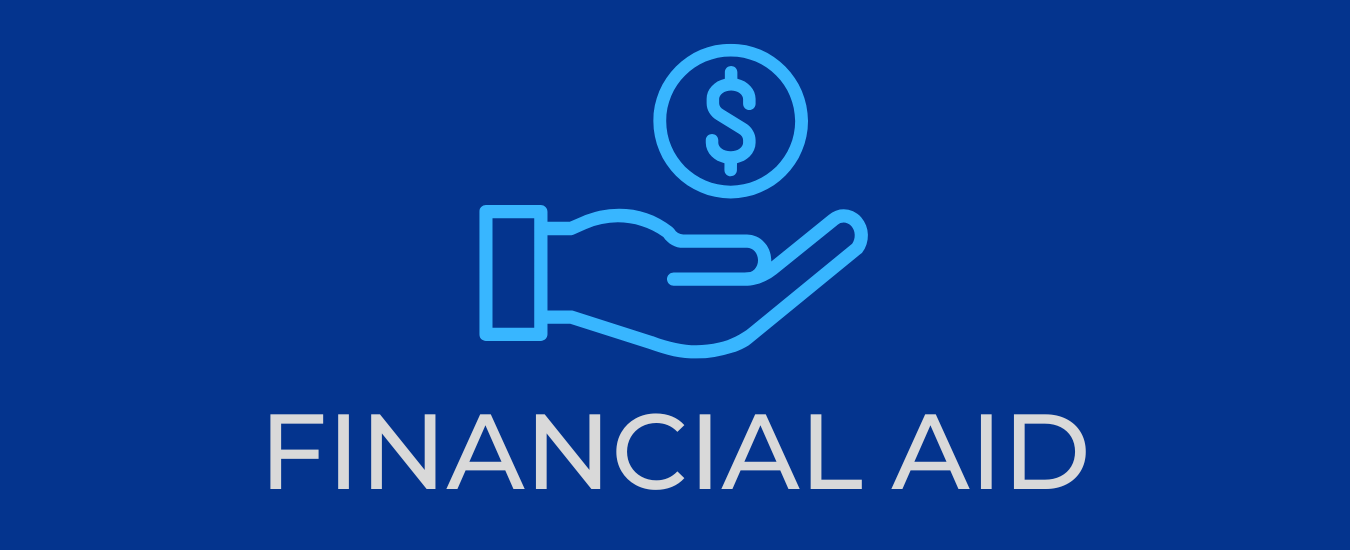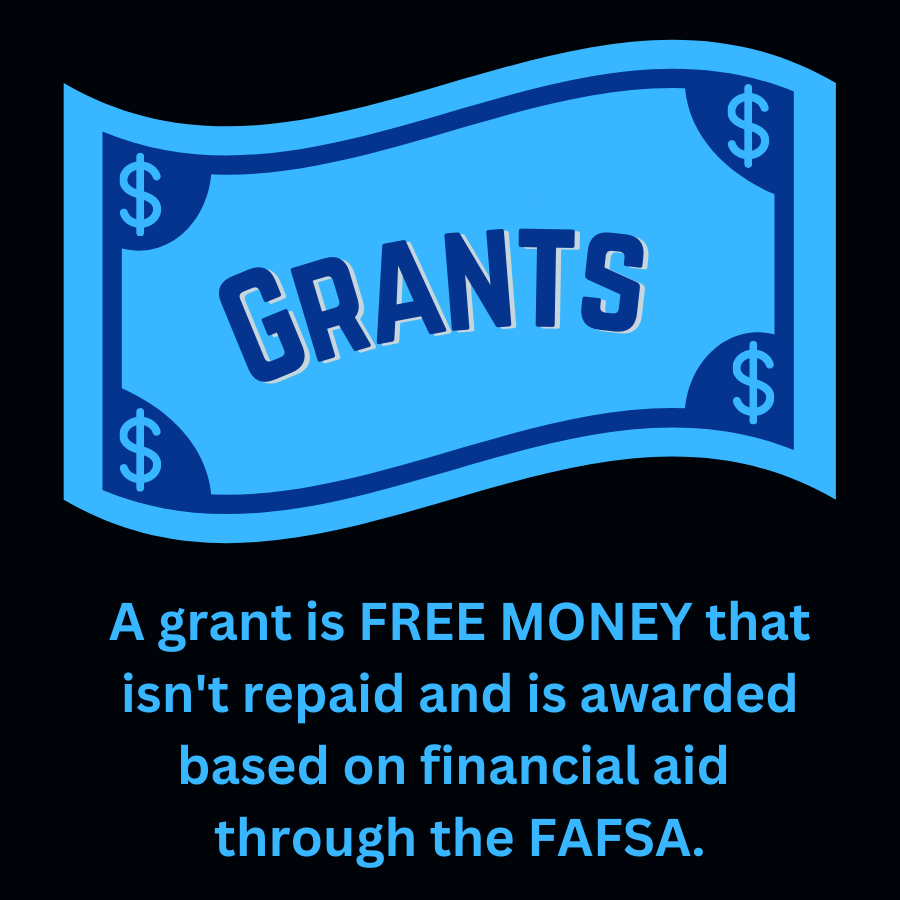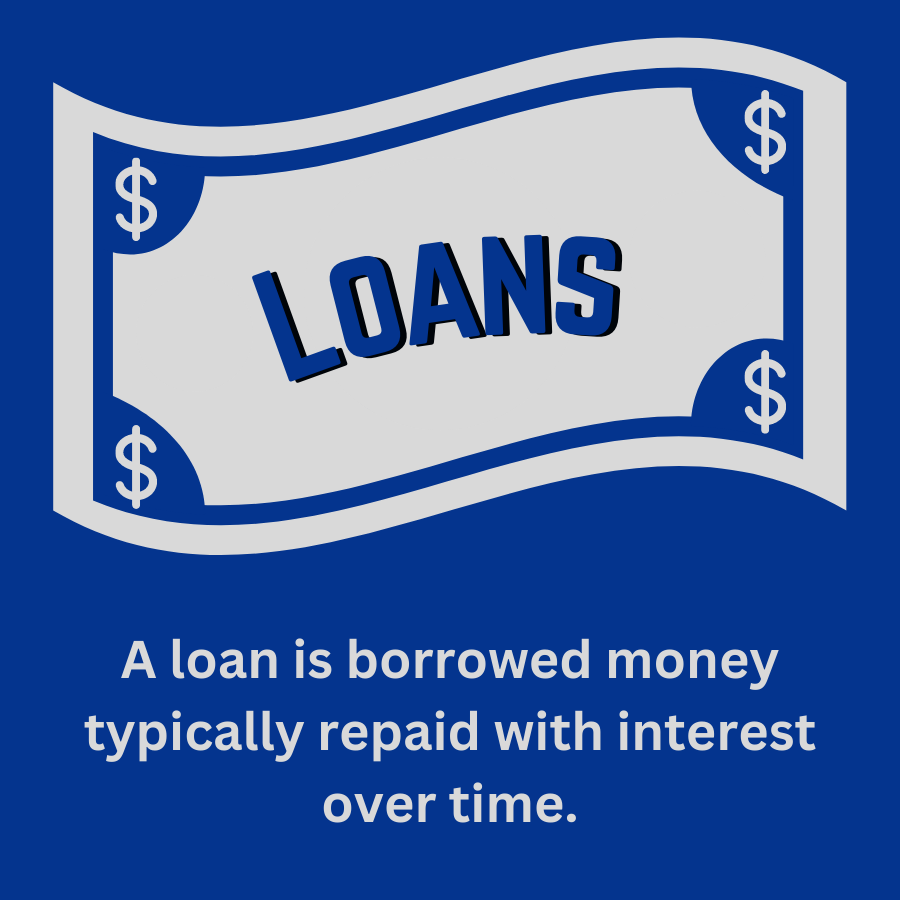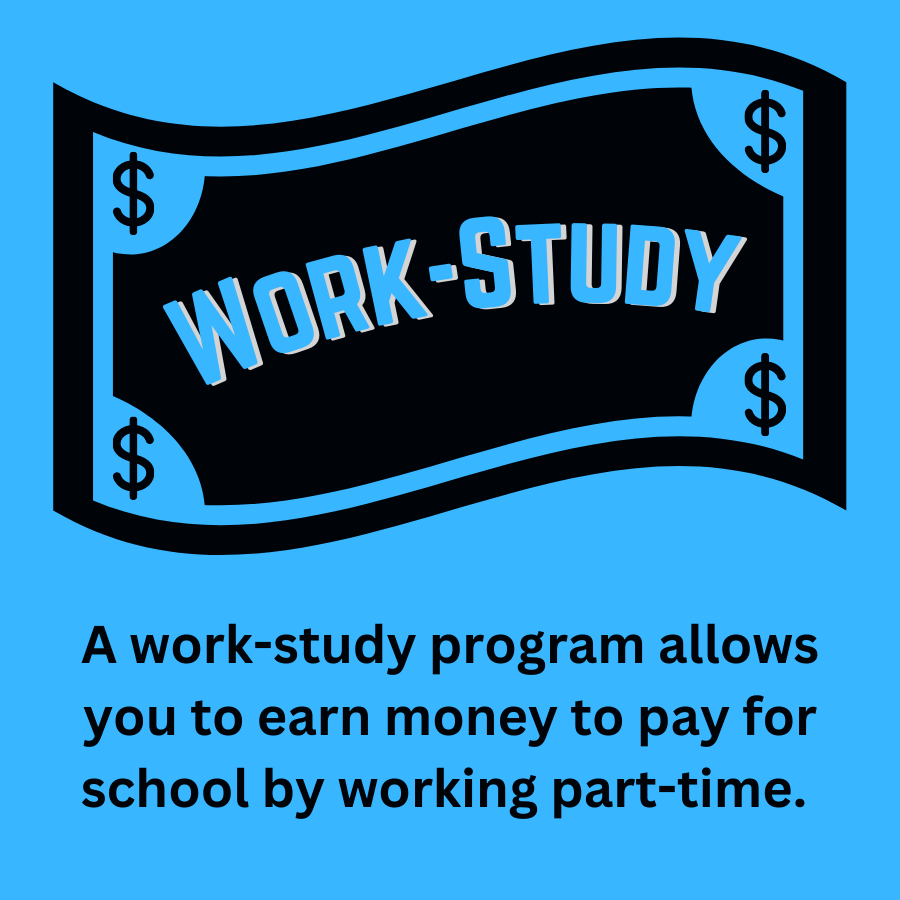
FAFSA®Fast Flash Update
Hello Families of Graduating Seniors! We want to update you on the readiness of the Free Application for Federal Student Aid (FAFSA®) process. Given the tight timeline (June 30, 2024), for submitting the FAFSA form and ensure students do not leave money on the table for college, we are providing this valuable information from the U.S. Deputy Secretary of Education, Cindy Marten, who shared the following:
- Many FAFSA applications have been started but cannot be processed until the other contributors complete their work. We encourage students and their parents/guardians to ensure the FAFSA is completed, signed, and submitted by all contributors;
- Corrections are now available. Please remind your student(s) to sign on and review their FAFSA Submission summary;
- We understand that mixed status families continue to encounter issues with the form. We believe that technical issues have been resolved and are working on innovative solutions to work through the identity check backlog;
- New for the 2024-25 FAFSA, each contributor must enter and complete the form separately answering only the questions pertinent to them.
Need help finishing your FAFSA?
Federal Student Aid ®, an office of the U.S. Department of Education, is the largest provider of student financial aid in the nation. Read the press release on the U.S. Department of Education's additional efforts to support students and families in boosting the FAFSA ® completion rate.
Pro Tips for the 2024–25 FAFSA Form
 The Virginia College Advising Corps is offering free virtual appointments through June 28 to help you complete the Free Application for Federal Student Aid in order to see what financial aid you may be eligible for. Go to at.virginia.edu/FAFSA or scan the QR code to set up your appointment.
The Virginia College Advising Corps is offering free virtual appointments through June 28 to help you complete the Free Application for Federal Student Aid in order to see what financial aid you may be eligible for. Go to at.virginia.edu/FAFSA or scan the QR code to set up your appointment.
Federal Student Aid ®, an office of the U.S. Department of Education, is the largest provider of student financial aid in the nation. Read the press release on the U.S. Department of Education's additional efforts to support students and families in boosting the FAFSA ® completion rate.
Pro Tips for the 2024–25 FAFSA Form
View the Federal Student Aid ®
YouTube Video Series
to Help Complete the FAFSA ®
 The Virginia College Advising Corps is offering free virtual appointments through June 28 to help you complete the Free Application for Federal Student Aid in order to see what financial aid you may be eligible for. Go to at.virginia.edu/FAFSA or scan the QR code to set up your appointment.
The Virginia College Advising Corps is offering free virtual appointments through June 28 to help you complete the Free Application for Federal Student Aid in order to see what financial aid you may be eligible for. Go to at.virginia.edu/FAFSA or scan the QR code to set up your appointment. Types of Financial Aid
Financial aid is money available to help cover the costs of college and career schools. This includes grants and scholarships (free money), loans (borrowed money), and work-study (earned money).
Grants Scholarships Loans Work-Study
Federal Student Aid® Resources
- 2024-25 Free Application for Federal Student Aid (FAFSA ® Form) — Government application to assess student aid. All students qualify for loans; however, some students qualify for grants. The FAFSA may also be needed to qualify for “needs-based” scholarships for proof of need.
- Aid for Military Families
- Preparing for College
- Paying for College
- State Financial Aid
- Steps to Apply for Financial Aid (PDF)
- Virginia Guaranteed Assistance Program
Components of an "Award Letter/Package" from an Institution
Understanding Award Letters/Packages
Award letters or packages provide important information about your costs of attendance to attend a particular college/university. The costs will vary by college, student, and year. These can be provided to you via email, mail, or through the institution’s student portal. Be sure to await all offers before making a family decision. National decision day is May 1 annually.
Terminology
- Cost of attendance (COA): This is the estimated cost to attend the institution for one academic school year. This estimated amount often includes average tuition and fees, room and board, transportation, and supplies. The actual cost will be provided on your tuition bill.
- Expected family contribution (EFC): This is how much the family is expected to contribute to your education and is used by schools to determine financial need. The information completed on the FAFSA is used to determine the EFC.
- Net Costs: This is the cost of attendance minus total grants and scholarships. This is the cost per year that must be paid out of pocket or covered by loans or other aid.
- Scholarship and grant options: This is money that does not need to be repaid. The letter will identify which types you’ve been awarded and how much you will receive.
- Student/ Family Loan options: Student/Family loans are financial aid that students/families must repay with interest. These can be accepted or declined.
- Work study: This is a program that provide students with part-time work on or near campus. Work-study programs are funded by the federal government and are operated by the institution.
U.S. Department of Education
- Annotated College Financing Plan (PDF): This example explains each component of the financial aid award letter. Reminder–each college/university provides their own letter.
- The College Financing Plan and Guides
Additional Resources
Resources
- College Board:
- College Board's CSS® Profile — An online application that collects information used by hundreds of colleges, universities, professional schools, and scholarship programs to award financial aid from sources outside of the federal government. After you submit your application, the College Board sends it to the colleges and scholarship programs you have chosen. Application has a cost and offers additional measurements for aid qualifications in disbursement of institution funds. If you qualified for a fee waiver for testing, that waiver can be used for this aid application.
- College Board provides the Trends in Student Aid Report (October 2022), which details how much financial aid students get to help them pay for college, where that aid comes from, and how the amount and distribution of aid has changed over time.
- ECMC is a nonprofit corporation that provides financial tools and services, nonprofit career education and funding for innovative programs to help students achieve their academic and professional goals. ECMC Resource Guides can help students and families make informed decision about planning and paying for college.
- Paying for College is Easier Than You Think! — Virginia Education Wizard
- Sallie Mae - Decoding Your Financial Aid Offers (PDF)
- Virginia Alternative State Aid (VASA) — This is a free application available to Virginians who are nonimmigrants, without documentation, have Deferred Action for Childhood Arrivals (DACA) status or are otherwise ineligible to file the FAFSA and would like to be considered for state financial aid. The VASA application provides access only to state and to some institutional financial aid programs. The VASA application does not provide access to federal student aid.




